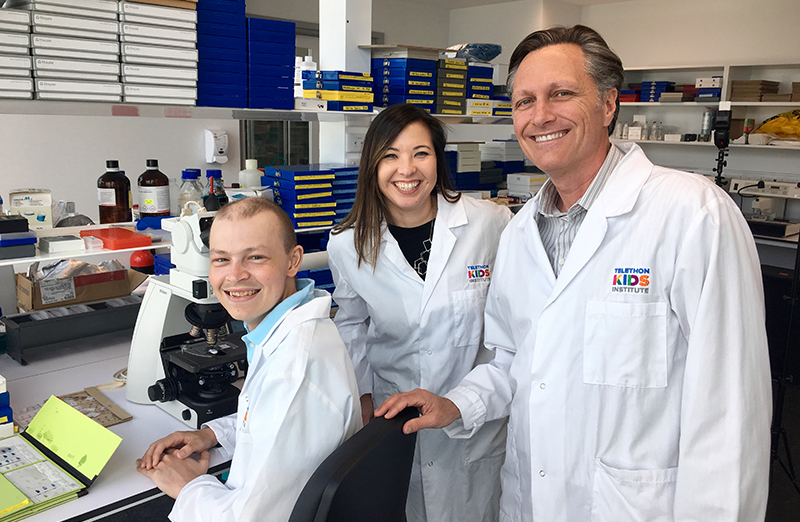Search
Showing results for "early childhood"
Research
Risk factors for low receptive vocabulary abilities in the preschool and early school years in the longitudinal study of Australian childrenReceptive vocabulary development is a component of the human language system that emerges in the first year of life and is characterised by onward expansion...
Research
Global, regional, and national levels of neonatal, infant, and under-5 mortality during 1990-2013We generated updated estimates of child mortality in various age groups for 188 countries from 1970 to 2013.
Research
Determining the off-target effects of infant vaccines on respiratory infection outcomes in Western Australian childrenChristopher Hannah Lea-Ann Blyth Moore Kirkham MBBS (Hons) DCH FRACP FRCPA PhD OAM BSc (Hons) GradDipClinEpi PhD PhD Centre Head, Wesfarmers Centre
Research
Childhood pneumonia in the Eastern Highlands Province of Papua New Guinea: clinical, microbiological and immunological predictors of diseaseChristopher Deborah Hannah Lea-Ann Peter Blyth Lehmann Moore Kirkham Richmond MBBS (Hons) DCH FRACP FRCPA PhD AO, MBBS, MSc OAM BSc (Hons)

News & Events
Three-continent clinical trial aims to improve survival for aggressive kids’ brain cancerThe Kids Research Institute Australia and Perth Children’s Hospital will lead an international clinical trial of a novel drug combination they hope will increase cure rates for one of the most aggressive forms of childhood brain cancer.
Research
The bone marrow microenvironment of pre-B acute lymphoblastic leukemia at single-cell resolutionThe bone marrow microenvironment plays a key role in leukemia progression, but its molecular complexity in pre-B cell acute lymphoblastic leukemia (B-ALL), the most common cancer in children, remains poorly understood. To gain further insight, we used single-cell RNA sequencing to characterize the kinetics of the murine BMM during B-ALL progression.
Research
Investigating associations between birth order and autism diagnostic phenotypesBirth order effects have been linked to variability in intelligence, educational attainment and sexual orientation. First- and later-born children have been linked to an increased likelihood of an Autism Spectrum Disorder (ASD) diagnosis, with a smaller body of evidence implicating decreases in cognitive functioning with increased birth order.
Research
DETECT SchoolsThe DETECT-Schools Study was launched in May 2020 as a partnership between the WA Government Departments of Education and Health with The Kids Research Institute Australia.
Research
Pediatric Staphylococcus aureus Bacteremia: Clinical Spectrum and Predictors of Poor OutcomeStaphylococcus aureus is a common cause of bacteremia, yet the epidemiology and predictors of poor outcome remain inadequately defined in childhood. ISAIAH (Invasive Staphylococcus aureus Infections and Hospitalizations in children) is a prospective, cross-sectional study of S. aureus bacteremia in children hospitalized in Australia and New Zealand over 24 months.
Research
The bone marrow microenvironment of pre-B acute lymphoblastic leukemia at single-cell resolutionThe bone marrow microenvironment (BMM) plays a key role in leukemia progression, but its molecular complexity in pre-B cell acute lymphoblastic leukemia (B-ALL), the most common cancer in children, remains poorly understood. To gain further insight, we used single-cell RNA sequencing to characterize the kinetics of the murine BMM during B-ALL progression.
